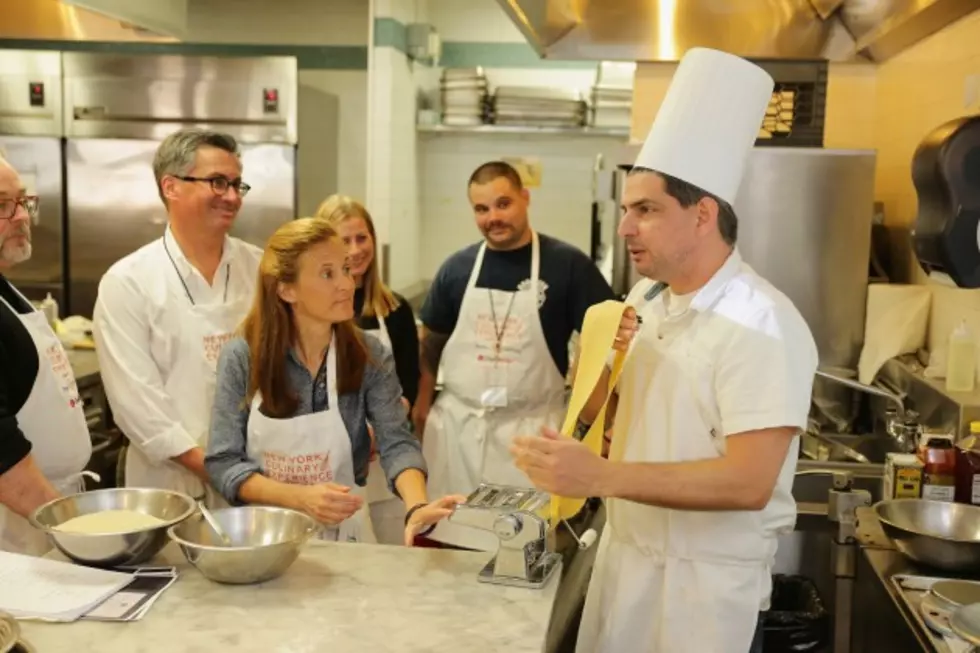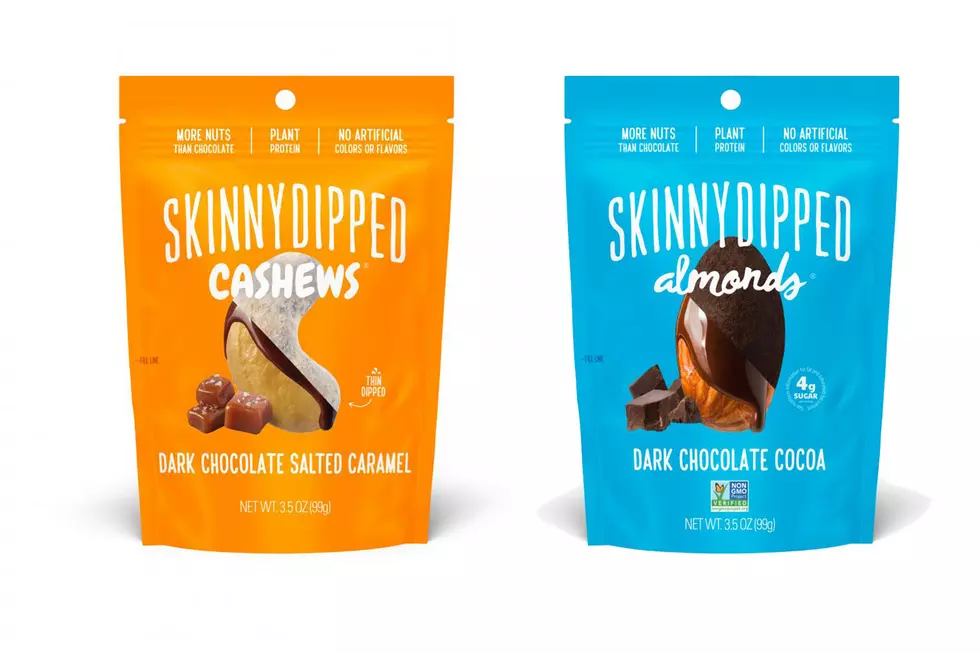
Why Don’t You Have To Buy Vanilla In A Liquor Store When It’s 70 Proof?
The recent news about a woman getting drunk and arrested for being under the influence of vanilla begs the question: If vanilla is 70 proof (35 to 40 % alcohol) - why don't you have to buy it in a liquor store?
The answer goes back to prohibition. The ban on alcohol posed a problem for the food industry because alcohol is an important part of making a vanilla extract. In order to make what we commonly call "vanilla", vanilla beans are soaked in alcohol to extract their flavor. It's this flavored liquid that is sold to customers in bottles in the grocery store. If alcohol in any form was banned, then manufacturers couldn't make or sell the popular extract and customers wouldn't be able to easily make all sorts of baked goods that depend upon the flavoring.
In order to bypass the legislation and keep the shelves stocked with vanilla extract, the government placed the alcohol-based food ingredient into the jurisdiction of Food and Drug Administration and included a clause in the prohibition legislation that exempted flavor extracts from the ban on alcohol.
It's these very laws that also make taxing and other restrictions different for vanilla extract from other alcohols like vodka, rum, or gin.
To read more click here.
More From KOOL 101.7









